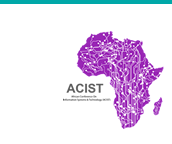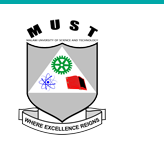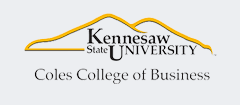Location
Harare, Zimbabwe and Virtual
Start Date
14-9-2023 12:30 PM
End Date
14-9-2023 1:00 PM
Description
Artificial intelligence (AI) can enhance the educational experience for academics and students. However, research has inadequately examined AI ethics and governance, particularly in the higher education sector of developing economies such as South Africa. AI governance ensures that envisioned AI benefits are realized while reducing AI risks. Against this backdrop of huge research deficit, the current study reports on a qualitative exploratory study that investigates the state of readiness for AI governance and AI governance maturity in South African higher education institutions. Informed by the combination of the TOE framework, the traditional IT governance model and the adapted IT governance maturity assessment model, semi-structured interviews were conducted with academic and ICT decision makers from two public and three private higher education institutions in South Africa to determine their insights on the state of readiness and maturity of AI governance. Results reveal high proliferation of AI elements in higher education information systems. However, results revealed low levels of AI governance readiness by higher education institutions. The study recommends for recognition of AI risks and taking lessons from AI regulatory frameworks advanced in developed countries.
Included in
Education Commons, Management Information Systems Commons, Technology and Innovation Commons
Information Technology decision makers’ readiness for artificial intelligence governance in institutions of higher education in South Africa
Harare, Zimbabwe and Virtual
Artificial intelligence (AI) can enhance the educational experience for academics and students. However, research has inadequately examined AI ethics and governance, particularly in the higher education sector of developing economies such as South Africa. AI governance ensures that envisioned AI benefits are realized while reducing AI risks. Against this backdrop of huge research deficit, the current study reports on a qualitative exploratory study that investigates the state of readiness for AI governance and AI governance maturity in South African higher education institutions. Informed by the combination of the TOE framework, the traditional IT governance model and the adapted IT governance maturity assessment model, semi-structured interviews were conducted with academic and ICT decision makers from two public and three private higher education institutions in South Africa to determine their insights on the state of readiness and maturity of AI governance. Results reveal high proliferation of AI elements in higher education information systems. However, results revealed low levels of AI governance readiness by higher education institutions. The study recommends for recognition of AI risks and taking lessons from AI regulatory frameworks advanced in developed countries.



